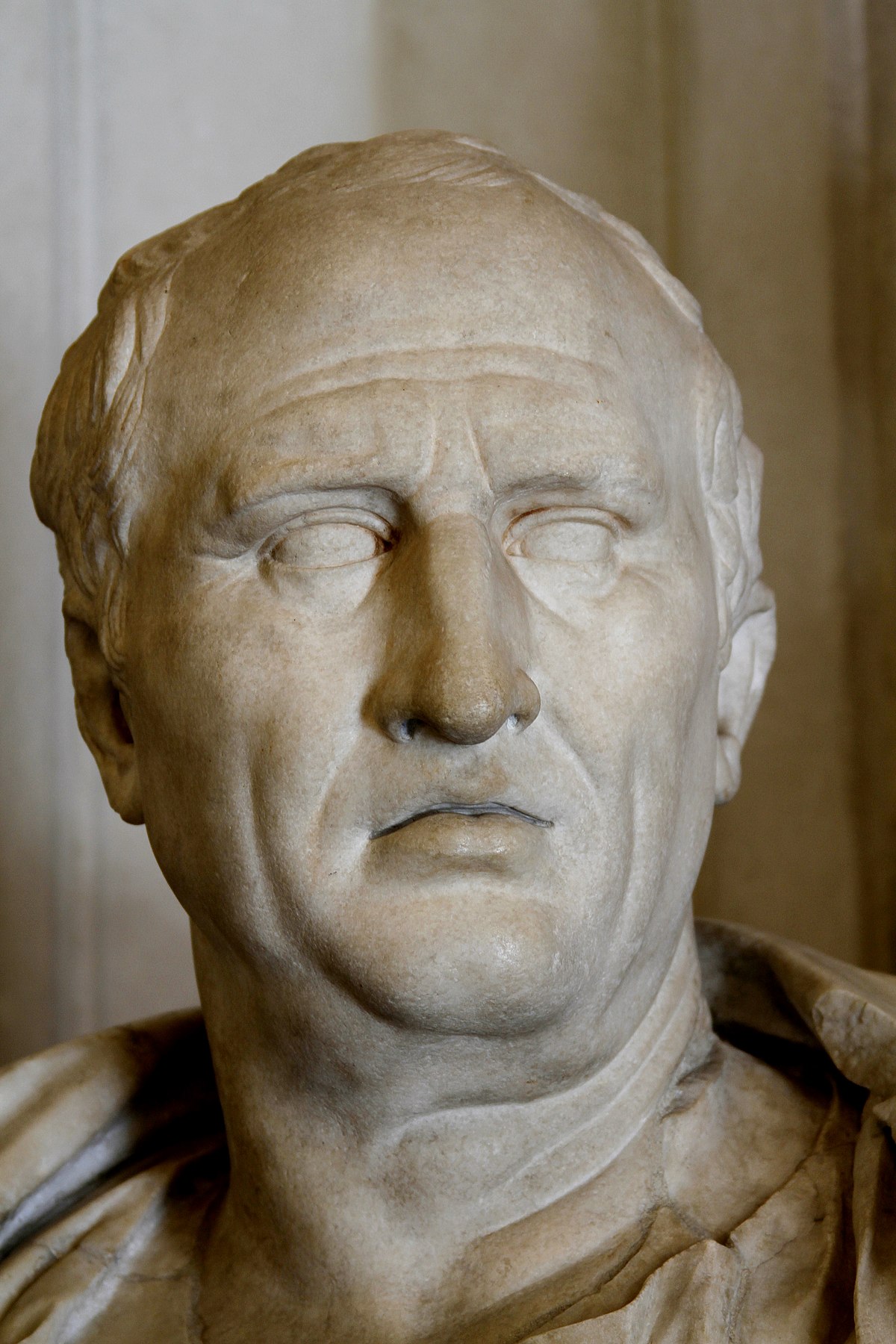Absolutely thrilled that my new manuscript, “Waltraut” (working title) has been accepted for publication. This book was so much fun to write, that it barely felt like I was working. I loved playing with my protagonist, Waltraut. She’s been a good friend to me over the last few years. Re-visiting childhood memories like Saturday German school, summer church camp or the show-home dream, put me into a youthful headspace, decades away from today.
Waltraut also reminded me of the challenges that come with being in two worlds … the stress of fitting into a Canadian school and community. Whether it’s the obvious issue of language, or the subtler issues of culture including food, hair, clothes and parental expectations …there can be huge demands on a young person in a new country. The issues Waltraut faced back in the 1960s, still exist today. Immigration—due to war—is a current affair.
What I want readers of this middle grade novel to discover is the empowerment of being themselves … of embracing and loving who they are … of speaking their truths. Diversity is a strength. We’re all unique, all different and yet we’re all on the same journey. To be you is not a noun … not a reflection in the mirror defined by hair, skin colour or clothes. It’s not a language to speak or read, or a food to cook and eat. To be you is to be a verb … to accept, to share, to learn, to be a friend.
I thank Nancy Drew for inspiring me to strive to be curious, kind, and brave!
p.s. More information about my new publisher and release date will be coming soon. But I just couldn’t wait to express some of my excitement!


.jpg)



_(cropped).jpg)

_1.jpg)
